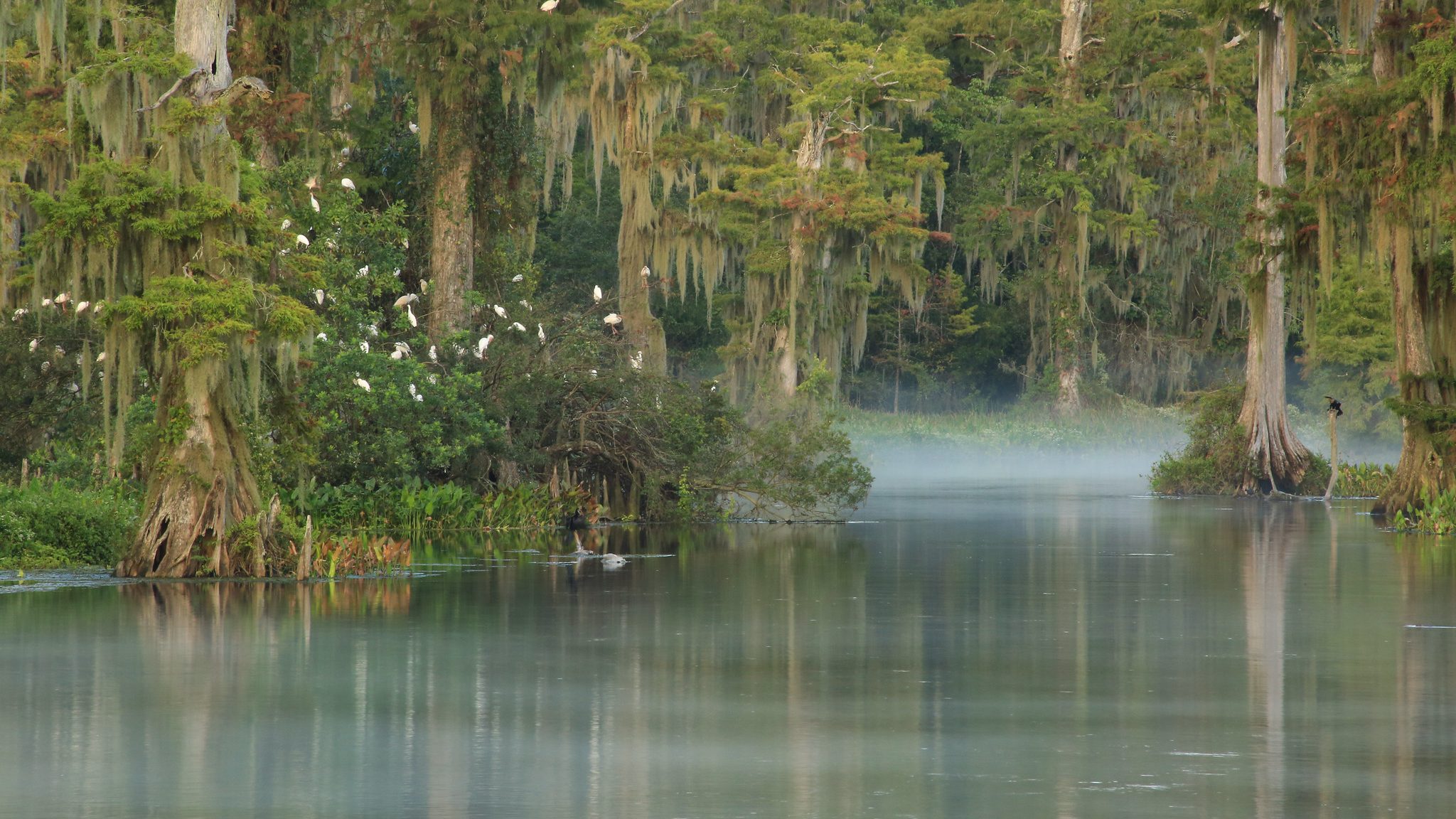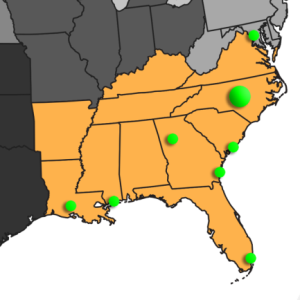SE CSC Plays Role in Caribbean and Southeast Regional Engagement Workshops for the 4th National Climate Assessment

Interested citizens, scientists, subject matter experts, and key stakeholders recently gathered for two one-day public workshops to discuss climate change impacts that affect communities in the Caribbean area and in the broader Southeast region of the U.S. Regional engagement workshops are being held in each region of the U.S. in March and April as part of the Fourth National Climate Assessment (NCA4), to gather information from local communities and stakeholders on topics related to climate change impacts of particular importance to the region. This public involvement will provide input into the regional chapters of the NCA4, as well as the sectoral chapters. The workshops use a ‘Hub and Satellite’ approach to increase participation across each region. The Southeast Climate Science Center was involved in the Caribbean Regional Engagement Workshop on March 9, with NCSU providing a satellite location to the Hub in San Juan, Puerto Rico. Adam Terando, SE CSC Research Ecologist, facilitated the group discussions.

On March 16, the SE CSC helped organize the Southeast Regional Engagement Workshop, with NC State University acting as the Hub location. Six satellite groups participated remotely with the Raleigh Hub to provide input from participants gathered in their locations; satellites were located in Atlanta, GA; Biloxi, MS; Charleston, SC; Ft. Lauderdale (Broward County), FL; Lafayette, LA; and Washington, DC. Other individuals registered to join the conversation by remote connection, and about 160 people participated in total. Adam Terando is the Federal Coordinating Lead Author for the NCA4 Southeast Chapter and organized the workshop along with the Convening Lead Author, Lynne Carter (Louisiana State University).
Stakeholder perspectives were discussed on topics that have been raised in response to calls for public comments, such as climate change impacts on extreme events, coastal/recurrent flooding and coastal wetlands, public health issues, wildfire, and adaptation efforts. The Southeast Chapter author team met at NCSU on March 17 to discuss new information gained from this public listening session and to synthesize background for the key messages to be developed for the chapter. The Fourth National Climate Assessment, being developed by the US Global Change Research Program, is anticipated to be released in late 2018.
The Southeast Regional Engagement Workshop was covered in a recent Washington Post article.
For more information: http://www.globalchange.gov/